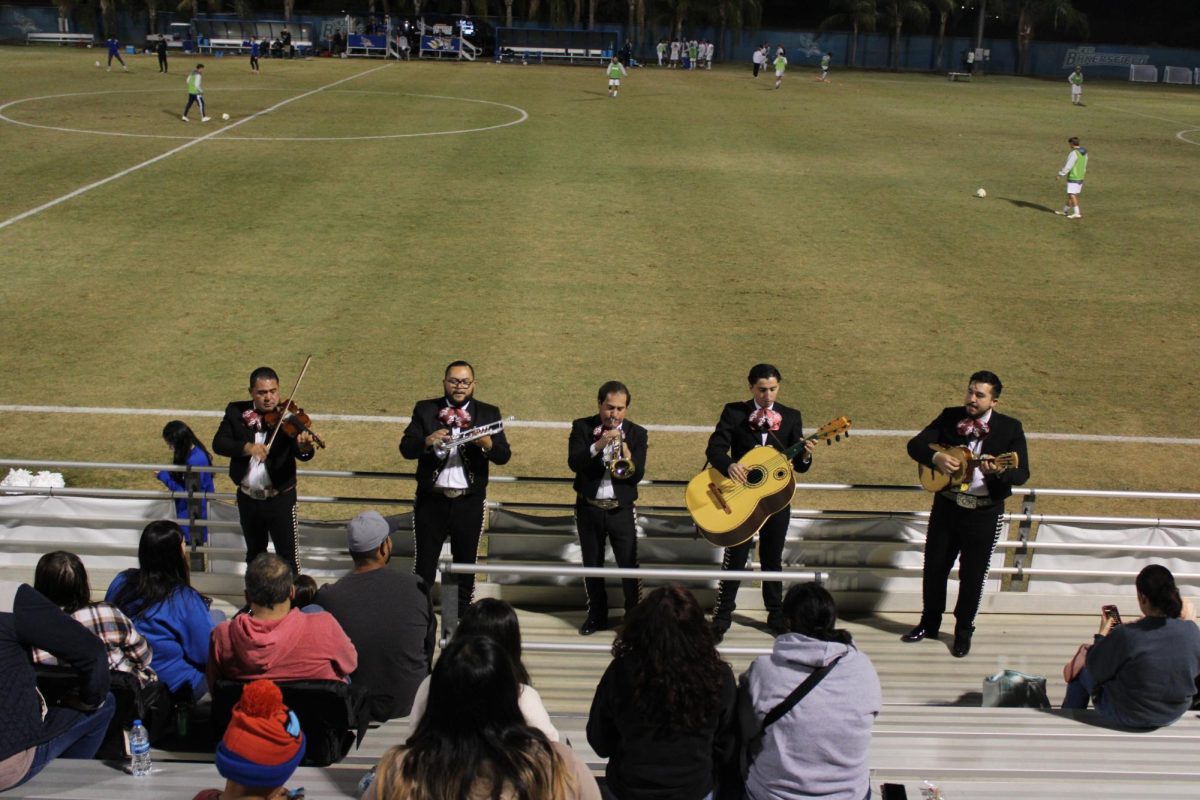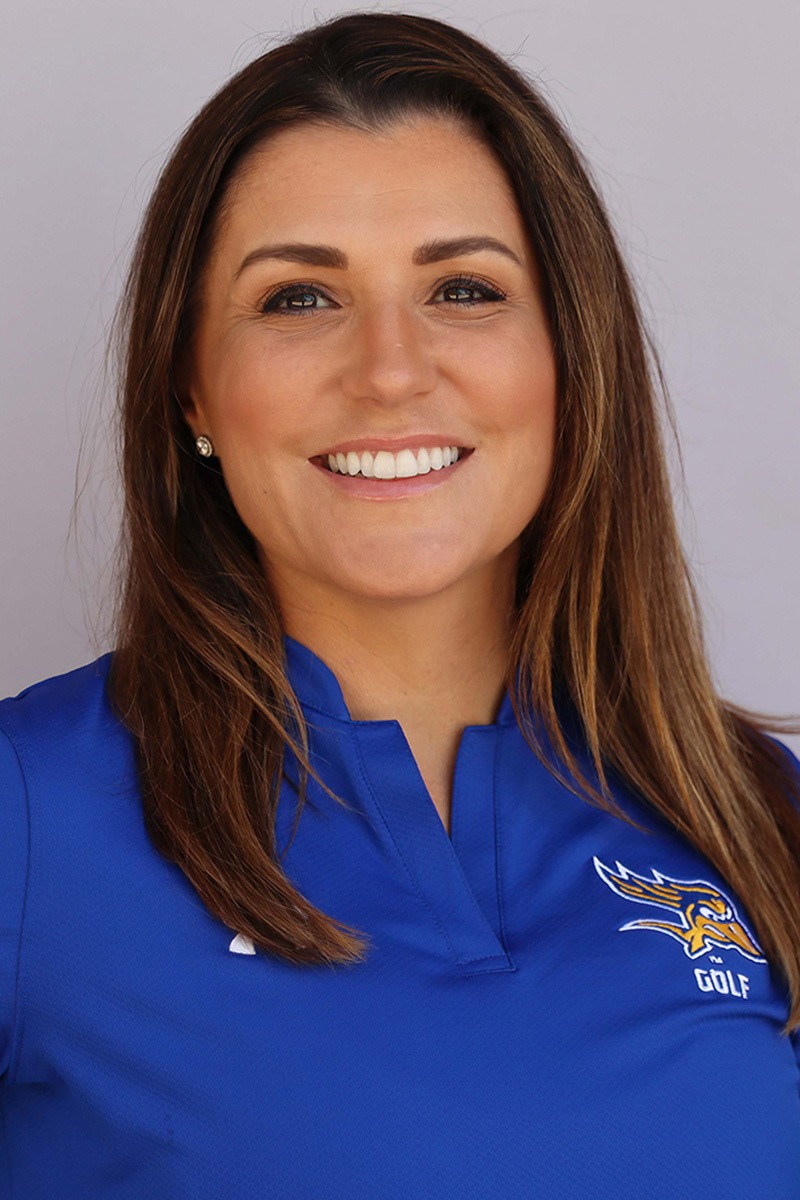Reporter
Noah Hultner, 18, was enjoying his day at the beach in San Diego when suddenly, his heart stopped.
He had been swimming with a group of friends and the next thing he knew, he woke up in the worst pain he has ever endured.
Later, he was told he had been legally dead for 15 minutes.
“It was probably the worst pain I’ve ever had in my whole life,” he said. “If you can imagine being cold, except inside, instead of on the outside of your body. It’s not something I can really explain.”
The pain Hultner woke up in was caused by medical staff lowering his body temperature at least 10 degrees in an effort to guard against brain damage.
Hultner was not old, unhealthy or overweight. In fact, he was and still is a swimmer. He was definitely not the stereotypical example of someone who would ever have heart problems.
Hultner was swimming with friends and family when they saw him floating face down and immediately got him to shore, where a lifeguard gave him CPR.
He was then quickly transported to the hospital.
Doctors put an Implantable Cardiac Converter in his side. The ICD monitors his heart rate and sends an electrical impulse, or shock, to his heart if it senses the rhythm slowing or stopping.
It’s the same as having a built-in defibrillator. Hultner said he has never felt it turn on.
“Everyone should go get checked for anything abnormal with their heart, because you never know what could happen,” said Hultner. “It could happen to anybody, and it’s better to prevent it than wind up dead.”
Today, Hultner is a political science major and member of the swim team at CSU Bakersfield and is a walking miracle.
He suffered no brain damage in spite of not having a heart beat for nearly a quarter of an hour.
He attributes this to the fact that the water he was swimming in was very cold, and he got medical attention very quickly.
To this day, doctors don’t know for sure why Hultner’s heart stopped.
They haven’t officially diagnosed him with heart disease, and they think it may have been a random event, since heart disease doesn’t run in his family.
However, for most people with heart disease, there are many warning symptoms, and it’s rarely only one symptom.
Christopher R. Gambrioli, a doctor at the Student Health Center at CSUB said people think it’s an age issue, weight issue or a smoking issue.
Gambrioli said a lot of the general public has the attitude that it doesn’t apply to them because they don’t fall into those categories.
“If you don’t have certain medical condition, [people think] you’re OK,” he said.
The Center for Disease Control and Prevention lists heart disease as the number one killer of Americans.
Some cases of heart disease are brought upon through unhealthy lifestyles. Webmd.com states, “Not everyone gets heart disease. Some are born with it.”
The term for that type of heart disease is congenital heart disease.
According to CDC.gov, congenital heart defects affect about 40,000 births per year, with about 25 percent of those being critical enough that the babies need surgery within the first year of life.
In regards to heart diseases that people develop on their own, there are many different types.
CSUB health educator Lauren Ash-Anderson said to avoid developing heart disease, live a healthier lifestyle overall.
This includes limiting fats and sugars, increasing physical activity, and understanding how tobacco affects the heart.
“Only 40 percent of our students meet the recommendation for physical activity per week,” said Ash-Anderson.
She adds that nationally, 50 percent of college students report being overweight or obese.






